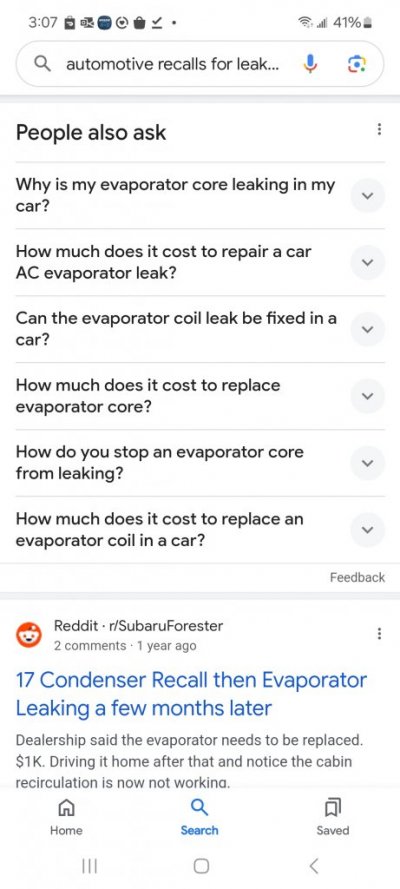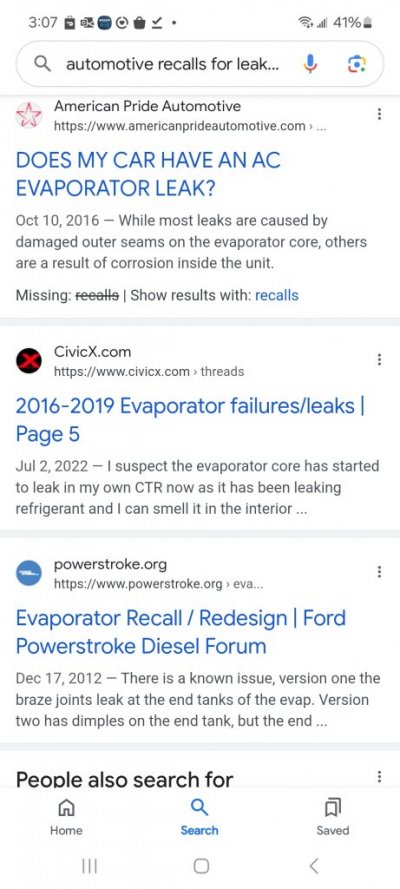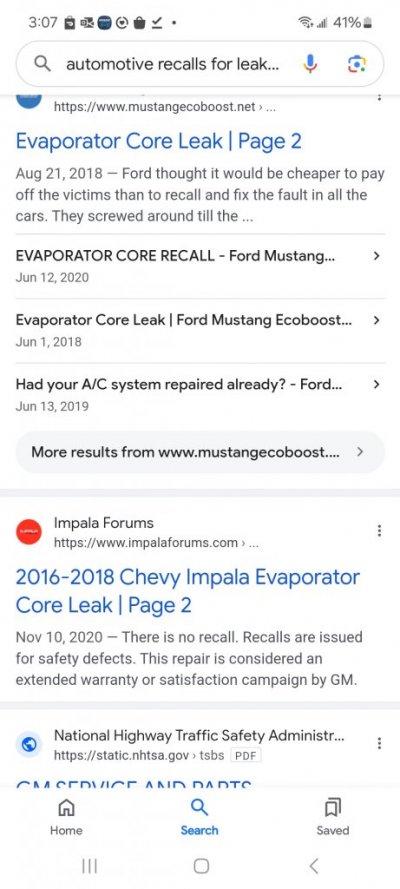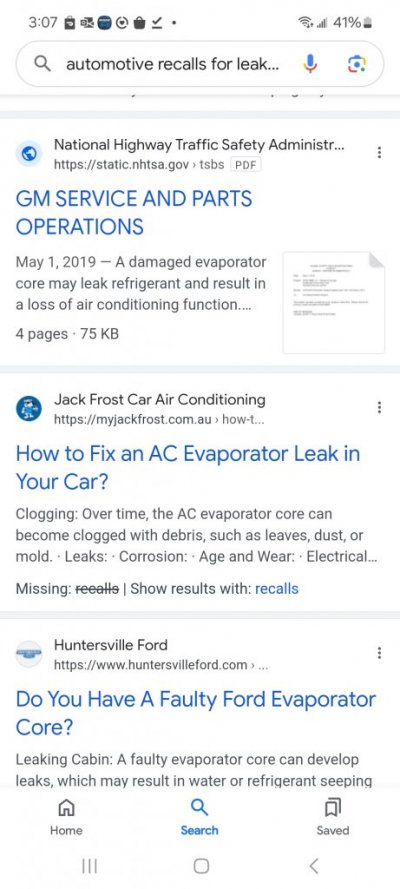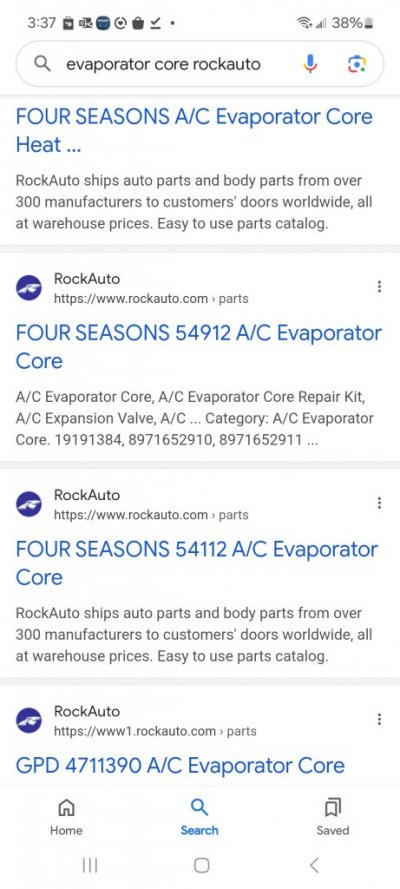I was putting aftermarket A/C units into cars back in the 60s, and was Card Carrying HVAC serviceman for a couple of years in the 70s.
I now only do A/C service on my own home and cars, and help out a friend ever once in a while.
Every used 2000+ Ford I have had has suffered "THE Black Death" where the compressor fails and the system is full of black oil.
These all take a new compressor, and new condenser, unlike the old ones were they were serpentine tubing the new ones are more like radiators, so you cannot flush them and get them clean, and new receiver dryer, orifice tube, and a dual system get a replacement
expansion valve on the rear evaporator, and a full flush of all lines and evaporators, I have done four of these.
My Van was/is a 93, right at the change over point, so I have run R12 in it. Here is a point: R12 runs with less head/high pressure, and is a better coolant.
The newer propane refrigerants are being endorsed in Europe for their even lower head pressures and thus lower cost to run (pumping loads) and they can do the same in a car, lower pressure can mean a little more MPG and less strain on the overall system. Also oddly the comportments of propane is larger than the Refrigerants, and thus are less likely to leak out.
I my 60 years of driving and servicing A/C units both home and car I have NEVER seen a evaporator LEAK.
Just about the only leaks happen at the compressor's shaft seal, and they need a slight leak to lube that seal so a little lost of refrigerant is a need by product of these systems.
At this time my 02 Ford explorer is running a Propane gas, and it is the coldest system when compared to a 03 Explorer with 134A and a 03 Crown Vic with 134a.
Only my 93 Van when last running match or beat it with R12 and in a dual system.
There is a slight problem with these new gases, NEVER use a standard recovery system that use s self contained vacuum pump, ones that had a electric motor inside the case, like a refrigerators, they can ONLY be pumped out with a true BELT Driven vacuum pump, recovery by a belt driven pump.
And they are consider environment save so venting them into the air is AOK.
I cannot prove rather this gas with its own oil will prevent "The Black Death" as claimed, but considering the cost of a complete rebuild, out of my own pocket, around $600.00, or at a shop $2 to 3K, I am working to convert my other systems to it.
As for a under the hood fire risk, many of us drive fuel injected cars and trucks with injector pressures of 30PSI up to a couple of hundreds of PSI for direct inject systems, a TINY little leak can fill an engine compartment with very explosive gas fumes in seconds...yet we drive these everyday.
I consider that a greater risk that a few OZ of propane.
My 2 cents worth
Rich


